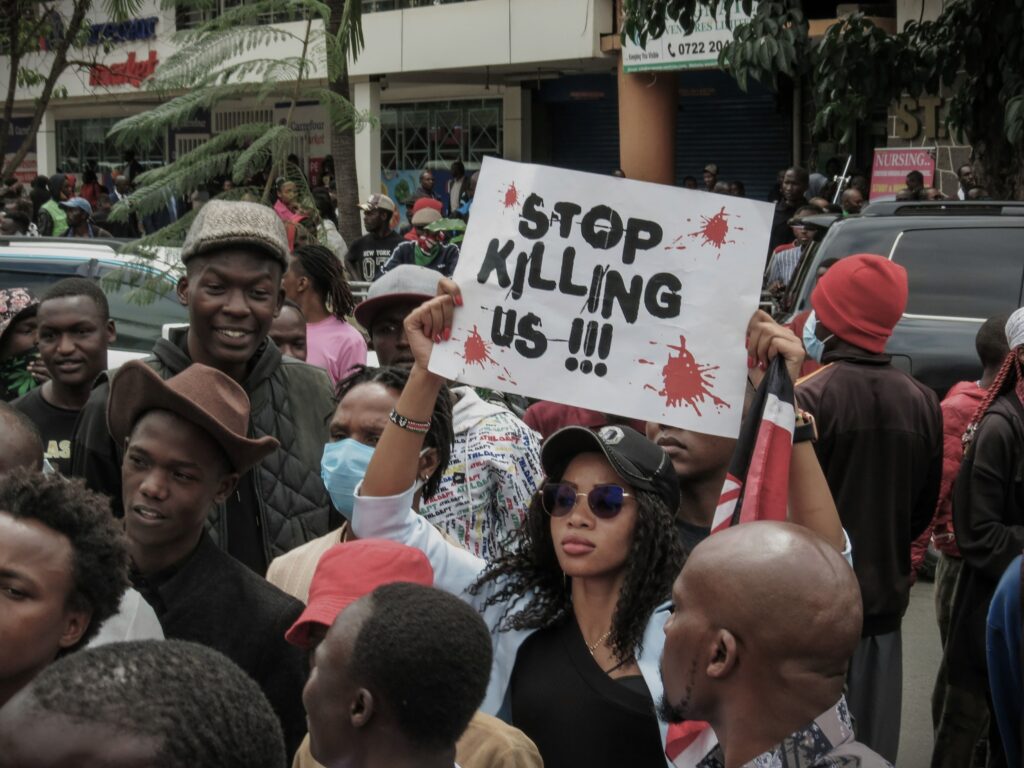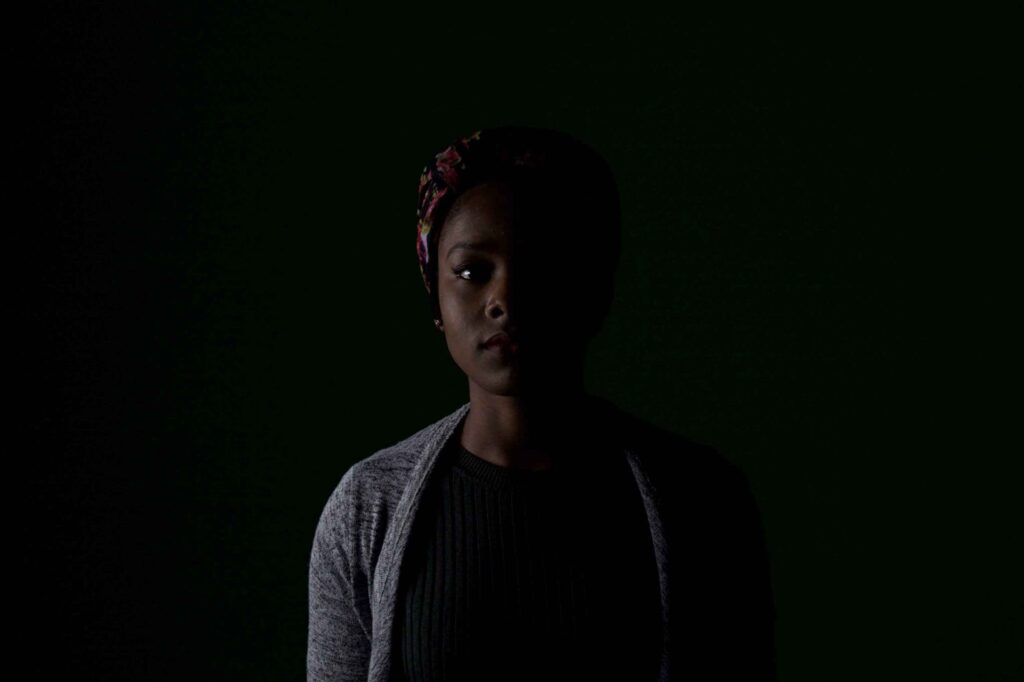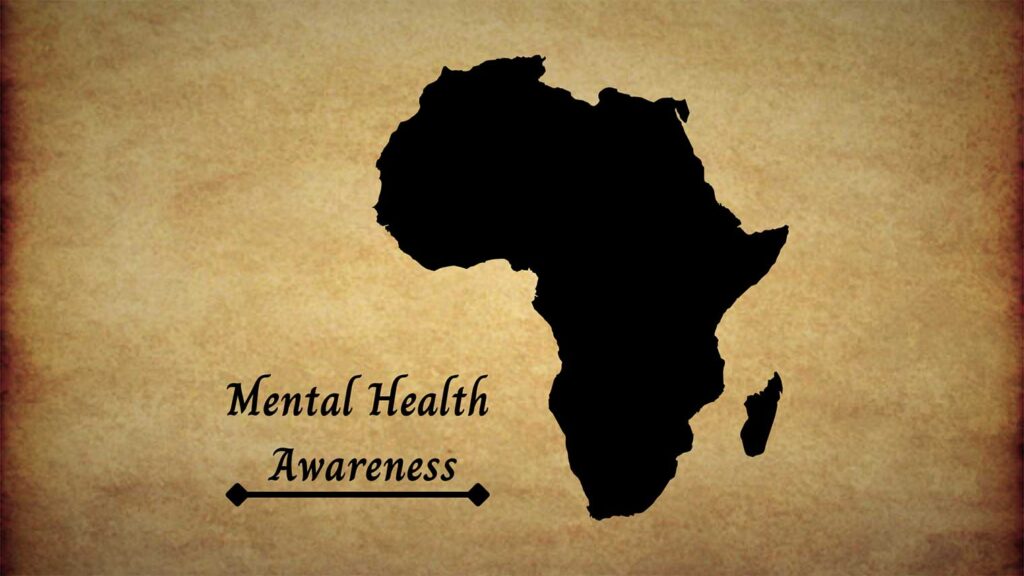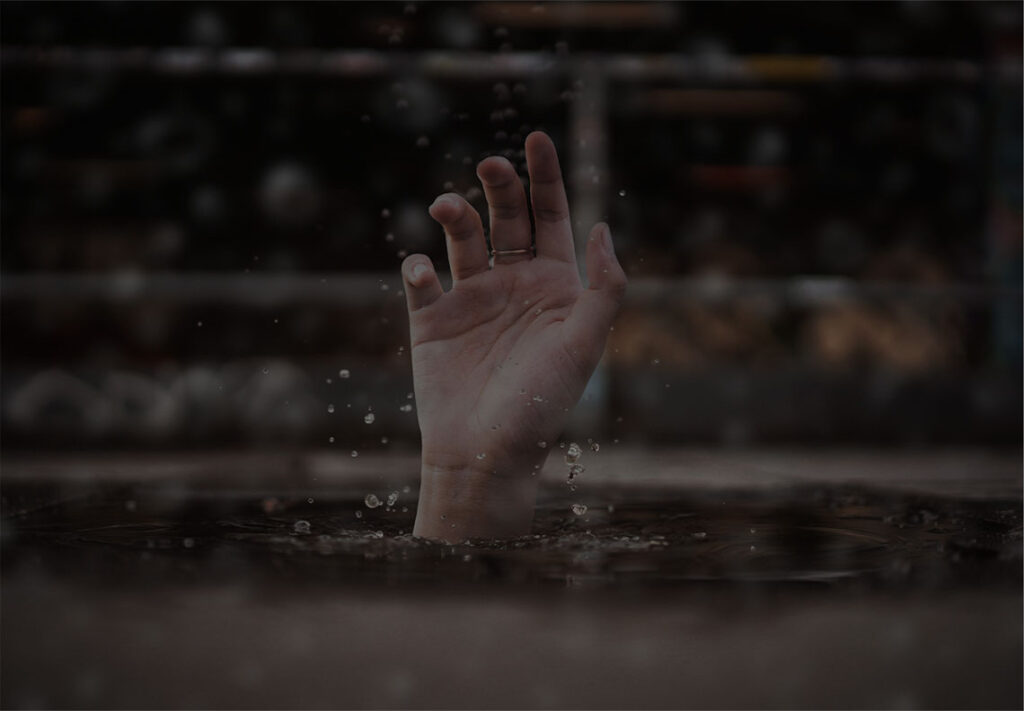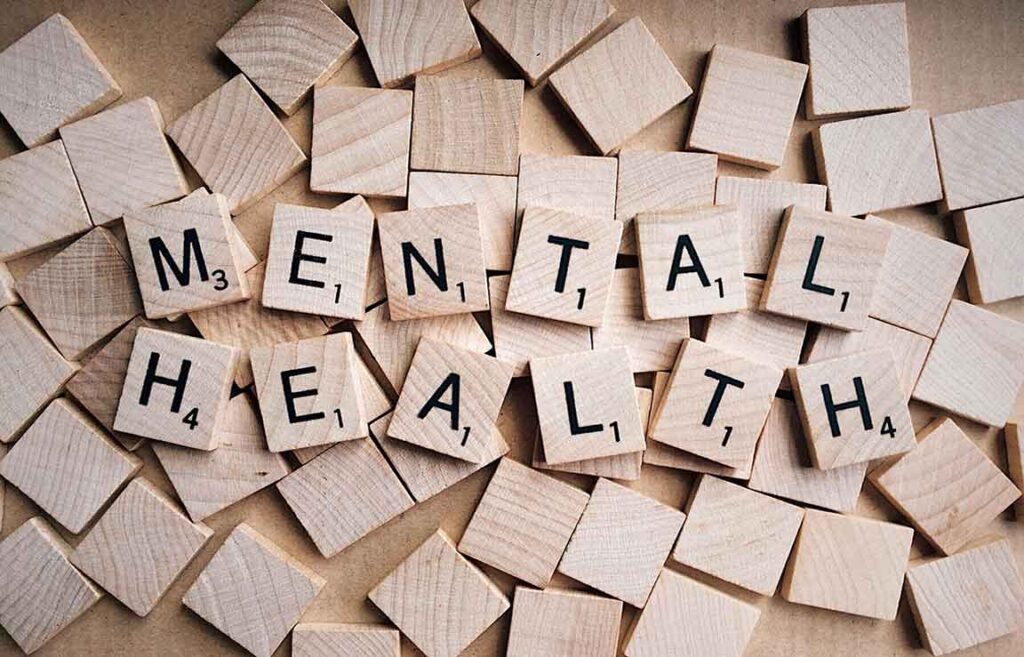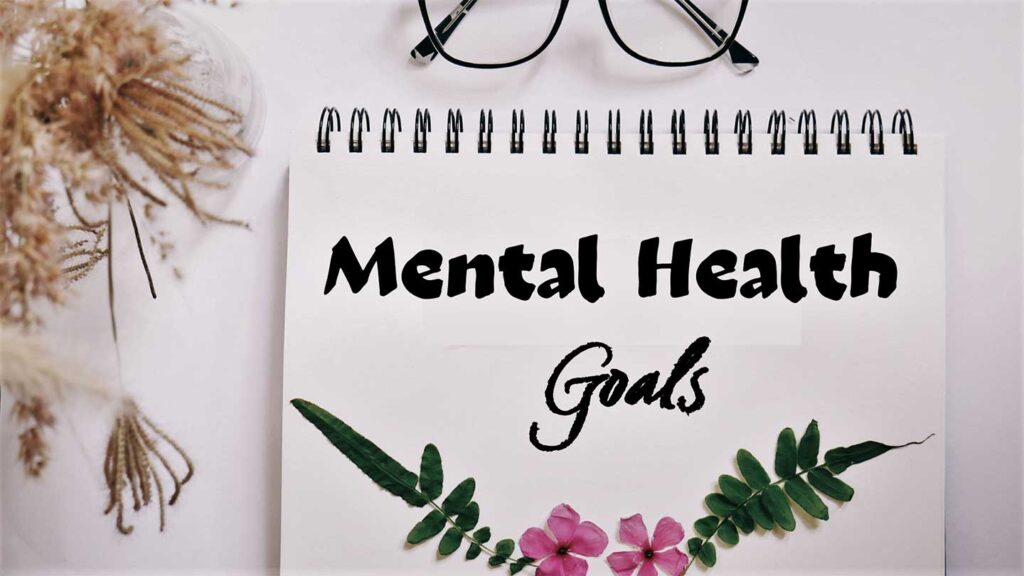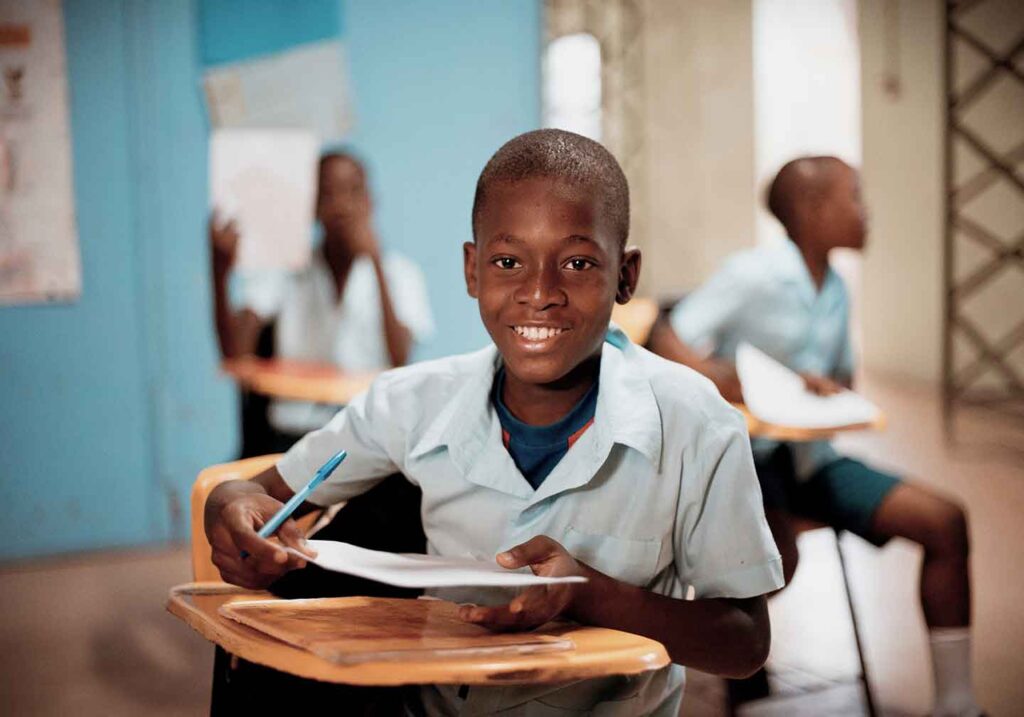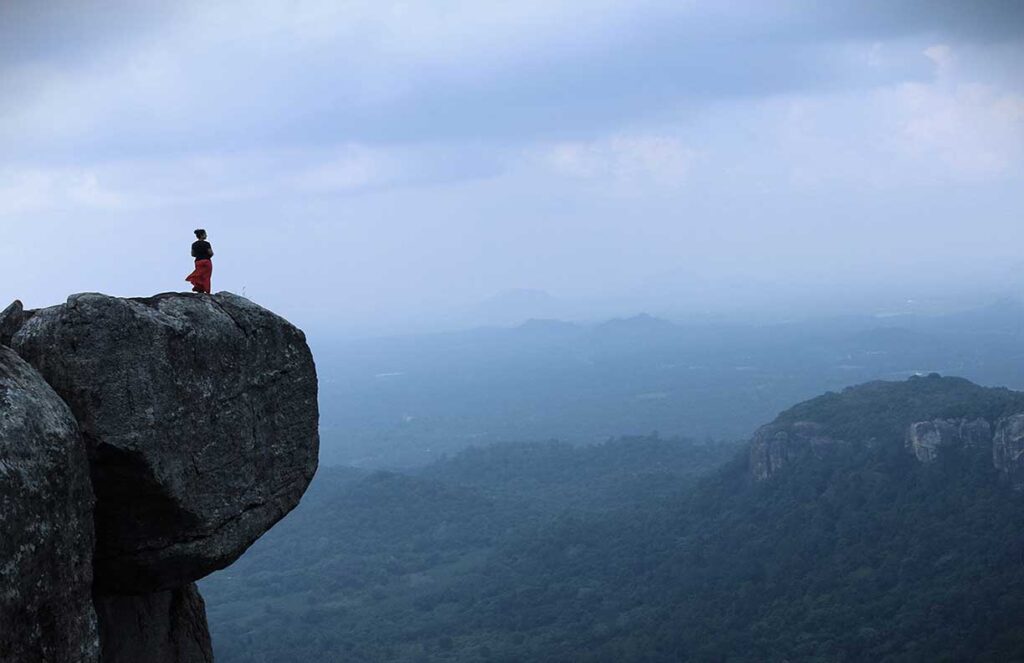By Nwaoku Adanna
On 14th June, 2025, the farming communities of Yelewata and Daudu in Guma Local Government Area, Benue State was turned into a killing field as suspected fulani herdsmen stormed the community and killed over 200 people, rendered families homeless, and traumatized survivors to an extreme level.
While as much as the reports dwelled on the security lapse, between the shattered homes lies an equally dismal consequence which is the psychological breakdown of the victims, witnesses, and the Nigerian people in general.
Regrettably, Yelewata and Duadu massacre is not an isolated incident. Nigeria, in the recent years, has been a landscape of unhealed trauma: from Boko Haram’s decade long insurgency in the North-East, mass abductions, and ethno-religious massacres, to the #EndSARS massacre on Lekki Toll Gate.
Even in Guma LGA, the epicenter of this tragedy, has witnessed repeated attacks by herdsmen in Benue State, leading to thousands of deaths, mass displacement, and the destruction of rural livelihoods. Despite the state’s Anti-Open Grazing Law and the formation of the Benue
State Community Volunteer Guards, these rural communities remain defenseless against well- armed militias. Common to these violent occurrences is not just repetition but also the absence of psychological healing and institutional empathy. This is not just a story of failed security. It is a story of broken minds, crushed spirits, and a nation psychologically bleeding in silence.
Behind the Bullets: The Mental War Nigerian Citizens Are Losing
In the wake of the recent massacre and such atrocities:
- Survivors come down with PTSD, depression, anxiety, grief, and suicidal thoughts.
- Children are more likely to have nightmares, behavioral regression, and dropout from school due to trauma.
- Displaced families live in IDP camps under suboptimal conditions, facing repeated trauma without counseling access.
- The large crowds of onlookers, helplessly watching events unfold, acquire chronic stress, fear, and desensitization to violence.
- The injuries are psychological. But Nigeria is barely treating them.
How Nigeria’s Mental Health System Fails Its Most Vulnerable
Mental health is a human right. The continued failure to protect citizens and support trauma recovery is a violation of constitutional and international rights. Every Nigerian has the right to life, dignity, and psychological well-being, yet, despite the passage of the Mental Health Act of 2023, Nigeria continues to:
- Have fewer than 300-500 psychiatrists for over 200 million citizens.
- Offer minimal or no trauma response units in rural or war-torn areas.
- Spend less than 4% of its health budget on mental care.
- Let undue stigma exclude citizens from receiving assistance.
- Have no national trauma response program in schools, IDP camps, or police/military
compounds.
How Other Nations Treat Mental Health during Crisis and What Nigeria Can Learn
1. New Zealand – National Mental Health in the Wake of Mass Shooting
After the Christchurch mosque shootings in 2019, during which 51 Muslims were assassinated:
- The government immediately provided grief counselling, trauma therapy, and community-
based healing programs. - School psychologists were sent out, and mosques in the locality were reinforced to ensure
culturally attuned mental health services. - Additional funding was allocated for long-term resilience training and PTSD.
What is the lesson for Nigeria? There needs to be immediate, community-oriented, culturally and religiously sensitive trauma response.
2. Canada – Indigenous Mental Health Recovery Programs
Canada, in recognition of the historical trauma that Indigenous individuals have had to endure,
developed:
- Trauma-informed care models within reserves and rural communities.
- Mobile mental health clinics to reach remote communities.
- A Truth and Reconciliation Commission with psychological healing as a core goal.
What is the lesson for Nigeria? Mental health treatment must be decentralized, mobile, and suited to displaced or marginalized groups like IDPs in Benue, Plateau, or Borno State.
3. Norway – Mental Health Crisis Preparedness
After recent mass shooting on Utoya Island in 2011, where 77 (mostly adolescents) were murdered by a far-right extremist:
- Norway created national centres for bereavement, long-term psychological rehabilitation, and survivor follow-up programmes that continued for 10 years.
- National response to mental well-being was made a part of national security response.
What is the lesson for Nigeria? Psychological rehabilitation has to be incorporated into national conflict and disaster response policy.
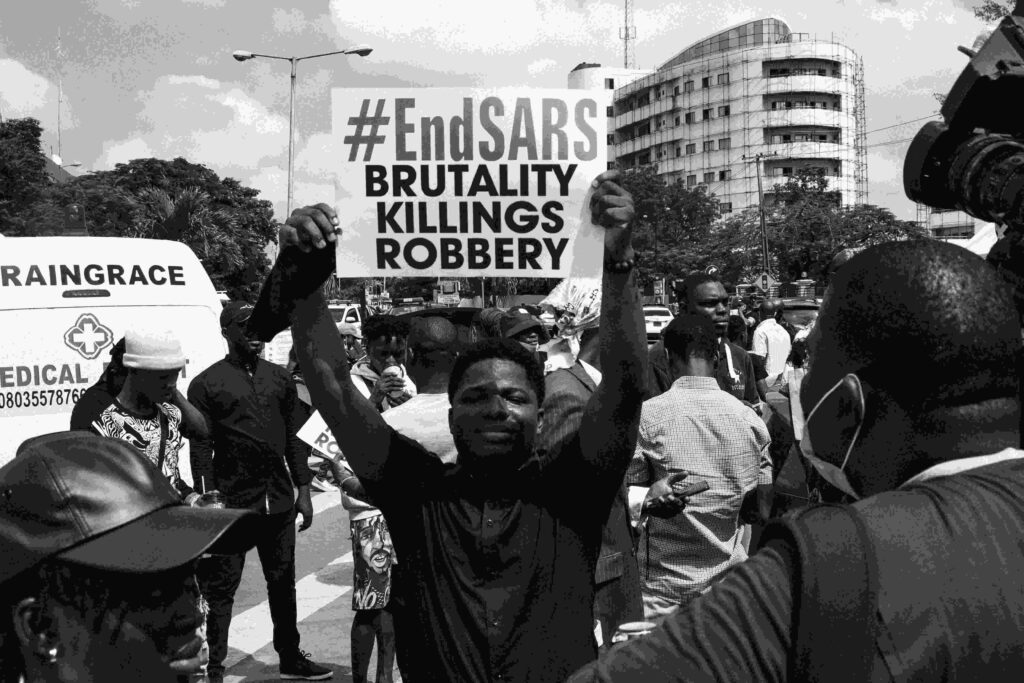
Mental Health After Yalewata and Daudu: Building a Recovery Framework That Works
1. Local Level (Community-Led Solutions)
- Train religious leaders, teachers, and local administrators in basic mental health first aid and trauma response.
- Deploy state ministries of health-backed trauma response teams in LGAs.
- Implement peer-support groups and community wellness forums in churches, mosques, and schools.
- Establish village-based “safe spaces” for women, children, and men to get psychosocial support.
2. National Level (Policy, Infrastructure & Accountability)
- Implement the Mental Health Act (2023) and fund it.
- Station mental health clinics in conflict zones and IDP camps.
- Incorporate mental health screening in all emergency response units: security forces, hospitals, relief agencies.
- Incorporate mental health education in secondary schools and tertiary institutions.
- Include mental health coverage in NHIS (National Health Insurance Scheme).
3. International & NGO Support (Global Mental Health Aid)
The United Nations, World Health Organization, UNICEF, and NGOs like Médecins Sans Frontiers (MSF) who formally recognizes the importance of providing mental health care should assist to:
- Include Nigeria into their structure by training Nigerian community health workers in trauma-informed care.
- Support the provision of regional trauma rehabilitation centers within states like Benue, Plateau, and Borno State.
- Provide technical support for online mental health platforms (teletherapy, hotlines).
- Conduct studies and data collection on trends in trauma in Nigeria.
Prioritizing Mental Health is a National Duty, Not an Afterthought
If the government is not going to get serious about mental health, we will just continue to build a generation too broken to make peace. The effect does not only limit itself to individual suffering, it threatens national security, productivity, and stability. As citizens, we must:
- Unstigmatize therapy and freely discuss trauma.
- Advocate for investment and accountability on mental health.
- Volunteer or give to agencies providing psychological care.
- Use online platforms to normalize rest, therapy, resilience, and healing.
Traumatized citizens cannot work effectively, pursue education, or build stable families. This leads to a broken workforce, increased poverty, and higher crime rates. Investing in mental health is not just humane, it is economically strategic.
Conclusion
The Yelewata and Dauda massacre, like previous ones, destroyed lives, houses, and peace. Its psychological implications, however, might haunt generations to come unless we take action.
We must shift from reacting against violence to proactively healing minds it destroys. If New Zealand, Norway, and Canada can create rehabilitation systems based on compassion, organization, and timeliness, then Nigeria can too. Let the recent massacre not be just another number in a news cycle. Let it be a national turning point where we choose to heal minds, not just
bury bodies.
RECOMMENDATION
If you need help or know someone with their mental health or mental illness, check out the resource page for mental health resources.

